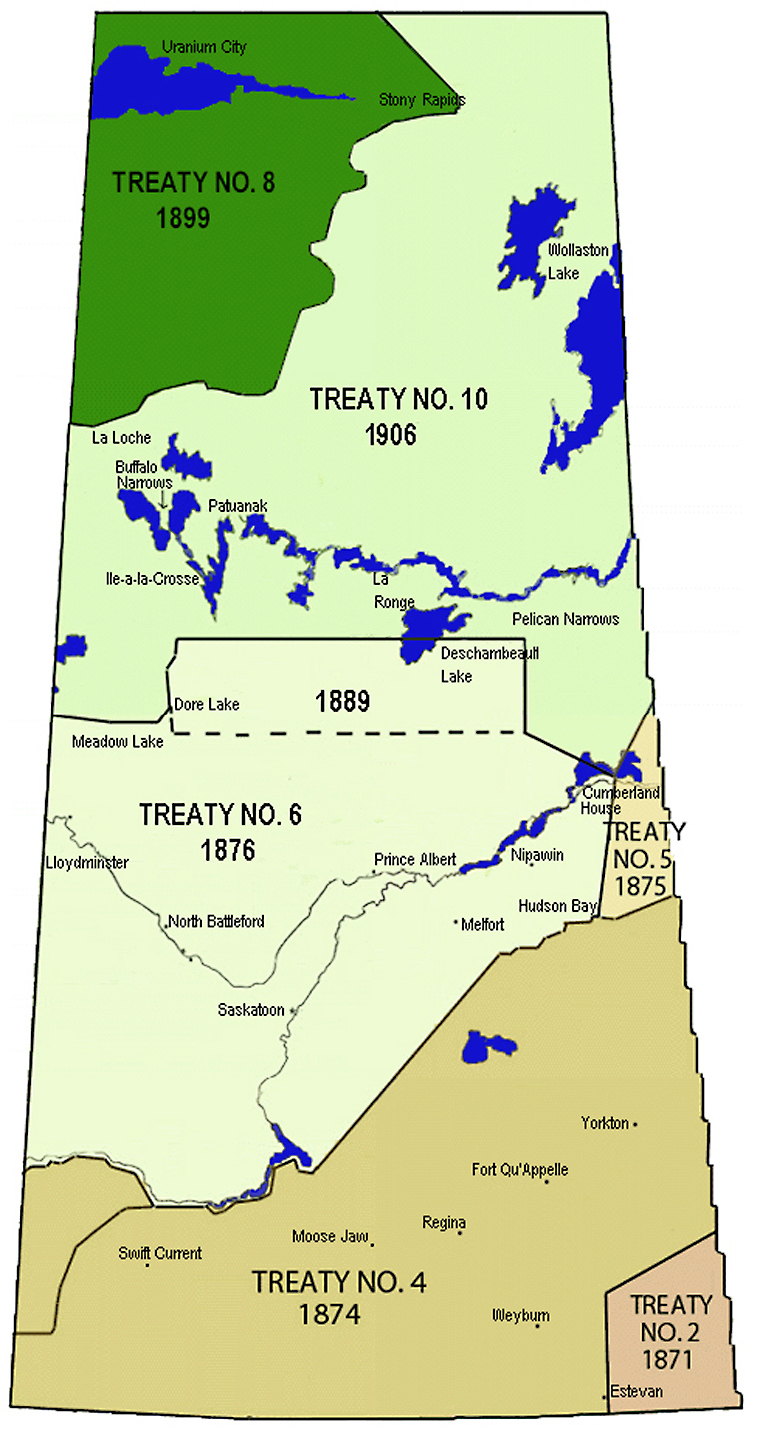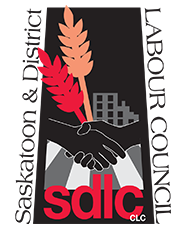Statement of Equality and Treaty Territory Acknowledgement
All SGEU meetings begin with a reading of the Statement of Equality and Treaty Territory Acknowledgement. This serves as a reminder to the participants that all meetings must be held in a respectful and harrasment-free enviroment, and acknowledges the treaty territory where the meeting is being held.

Land Acknowledgement
We begin this meeting/event by acknowledging that we are meeting on land that has been inhabited by Indigenous peoples from the beginning. SGEU acknowledges Saskatchewan as the traditional territory of First Nations and Metis people, which includes Treaties 2,4,5,6,8, and 10. We have come together today on Treaty (insert treaty #) territory, which is the traditional territory of the (insert treaty territory from map).
We are grateful for the opportunity to meet here, and we thank all
generations of people who have taken care of this land for thousands of years. We recognize and deeply appreciate their historic connection to these lands. We also recognize the contributions of Metis, Inuit, and other Indigenous peoples, both in shaping and strengthening in these communities, our province, and country as a whole.
The Statement of Equality and Treaty Acknowledgement
All SGEU meetings and events will be held in an environment free of harassment and/or discrimination. SGEU has a zero tolerance for any harassing and/or discriminatory actions, behaviours and comments.
Harassment is any behaviour that undermines the dignity, self-esteem or security of an individual, or creates an intimidating, threatening, hostile or offensive environment.
Our Union will not tolerate any forms of harassment and/or discrimination which violate any person’s or class of person’s right to be treated with dignity and respect. Such action by a member may result in immediate expulsion from the meeting or event by the Chair or Ombudsman.
This SGEU event/meeting will occur on treaty [see map] territory, and in the Homeland of the Métis Nation.
Download a copy of the Statement of Equality and Treaty Acknowledgement.
Treaty 2, Treaty 4, Treaty 5, Treaty 6, Treaty 8 or Treaty 10
Introduction to the Role of the Ombudsman
The Ombudsman enforces SGEU’s Equality Statement at all functions and union gatherings. If a member experiences racism (or other forms of harassment or discrimination) at a union event, a complaint can be made to the Ombudsman or to another officer of the union. The role of the Ombudsman is to hear and investigate complaints and to mediate fair settlements, especially between aggrieved parties such as members or participants within SGEU meetings. The Ombudsman is an individual charged with the duty of redressing the sources of complaints lodged by SGEU members and officials.
In SGEU, the Ombudsman works with the Chairperson to accomplish their goals and to ensure that SGEU's Equality Statement is enforced. They do that by encouraging and promoting a thoughtful and respectful climate of discussion as a necessary condition for solidarity among union members, by mediating fair resolution without taking sides, and by remaining neutral in all disputes.
Before assuming the role of Ombudsman, you are required to complete Leadership Development (LD 62), the Ombudsman training course. This course will provide you with the nessasary information and skills to effectively take on the role of Ombudsman.
Parliamentary Procedure
A lot of the business of unions takes place in meetings of different forms and sizes. Understanding meeting processes can help you be more effective as a steward and union activist.
Formal meetings are run according to a formal set of rules known as parliamentary procedure.
SGEU’s major meetings, such as Convention and Provincial Council, are run using what are called "parliamentary rules of order." Smaller meetings may also follow these rules to a greater or lesser extent. (SGEU uses a version of parliamentary rules called Bourinot’s rules, as well as some of Robert's rules of order.)
Rules of order were created to promote democratic dialogue and decision-making by groups of people. Dozens of rules have been created over the years, but the key ones you need to know to participate in and follow proceedings are listed in "10 key rules you need to know".
Article 11 of the SGEU Constitution spells out the rules in more formal language.
Knowing the rules helps you take action on your issues – but taking action requires more than expressing your opinion, no matter how well you do it. You need to be able to move motions, and recruit others to second them and vote for them. Getting a motion passed or amended means educating people about the issue and mobilizing them before the meeting.
At formal meetings, like conventions, you are expected to write up your resolution or motion before you move it. There are two common styles of resolutions: formal and clear language. Within SGEU, you can use one of two different formats. Formal resolutions follow the traditional wording used in parliament, while clear language resolutions sound more like the way we would explain something in conversation. Both types are shown in "examples of resolutions."





